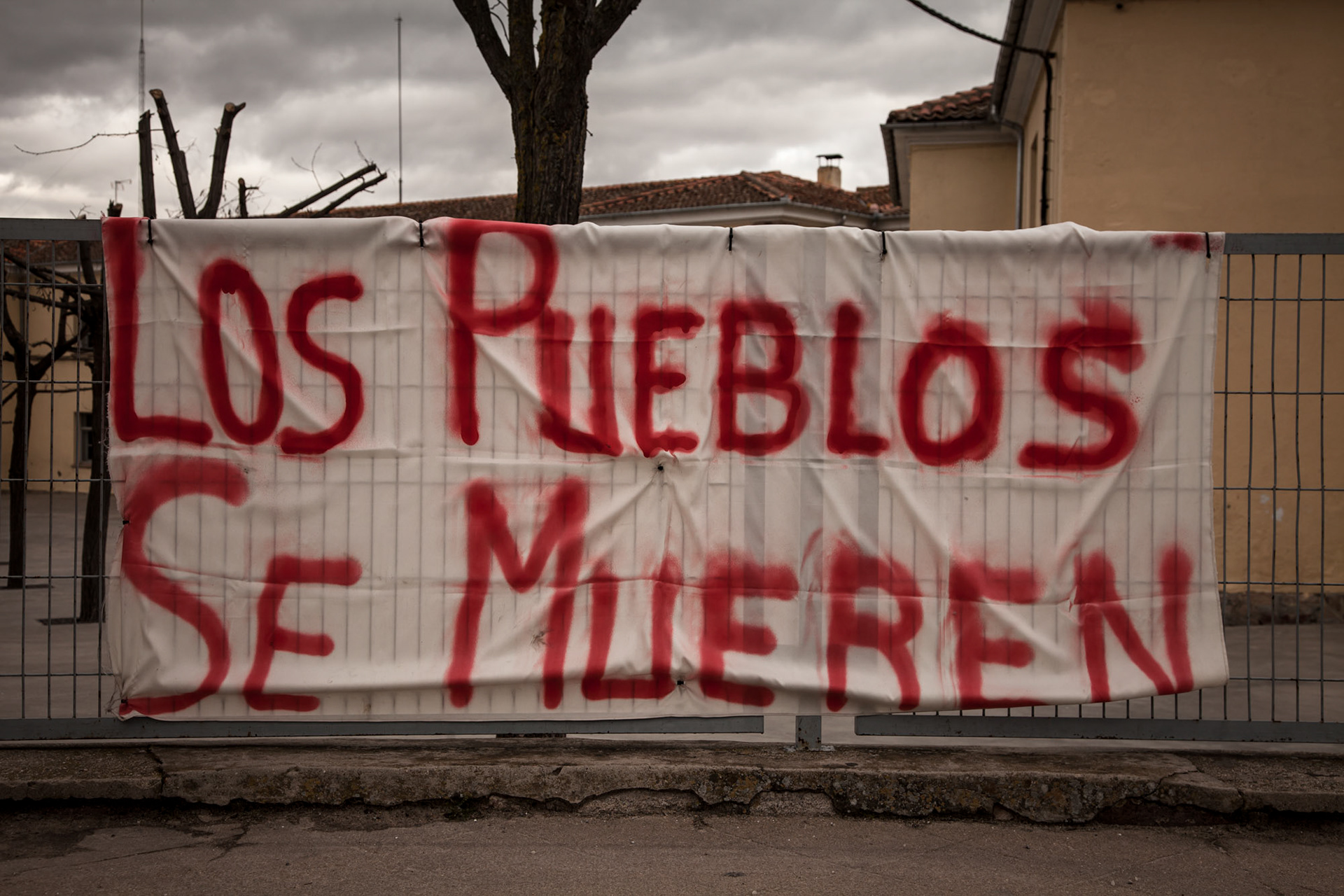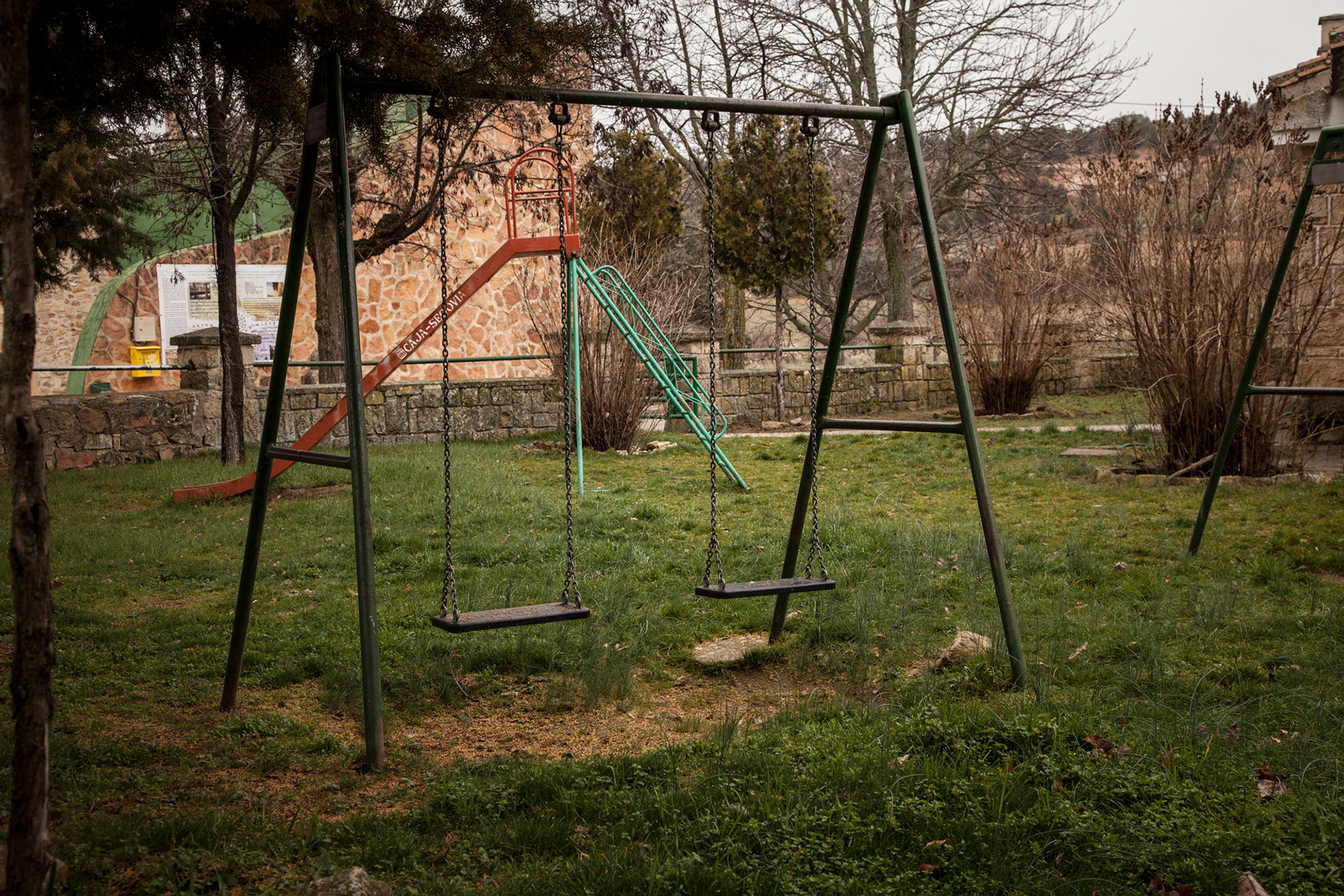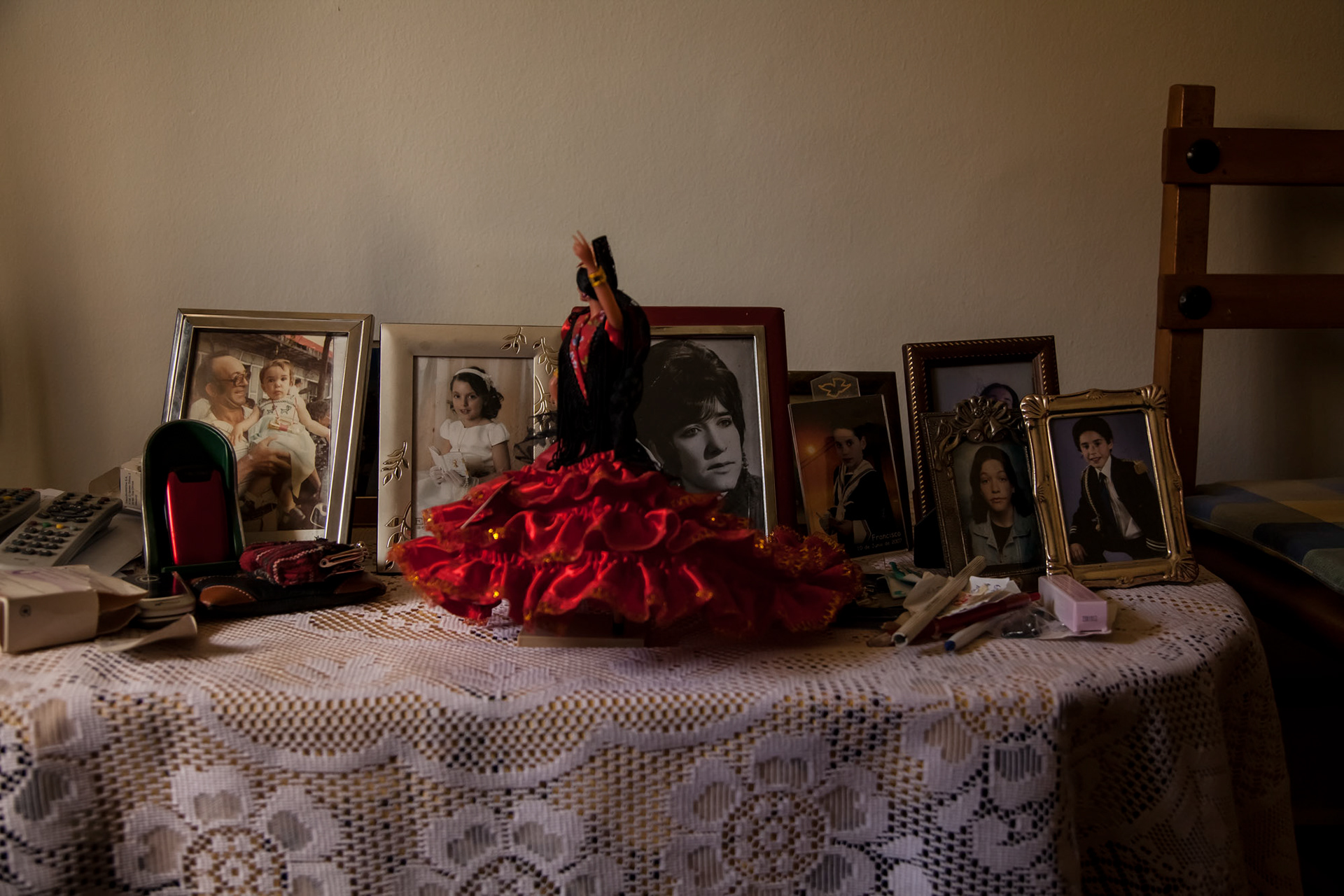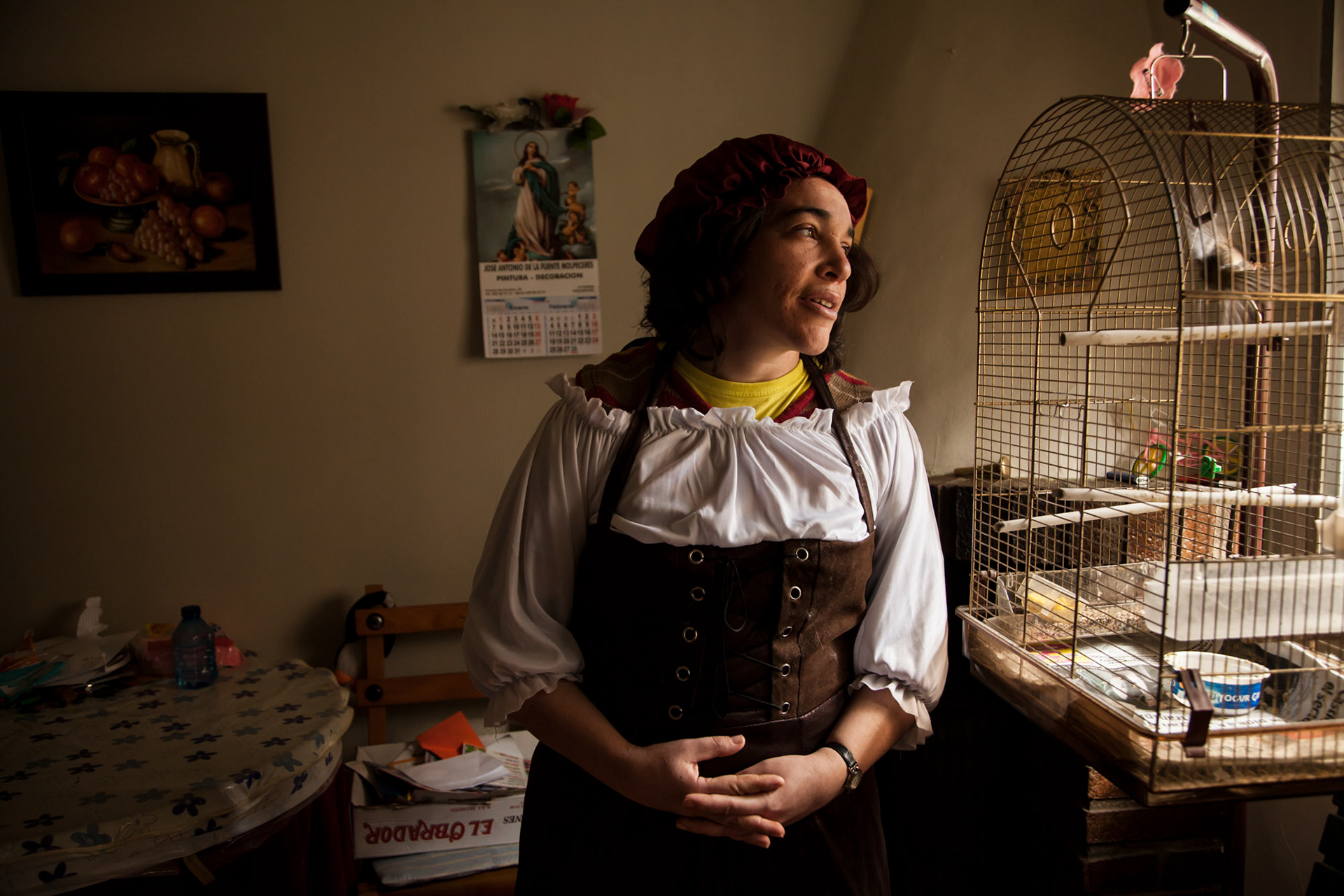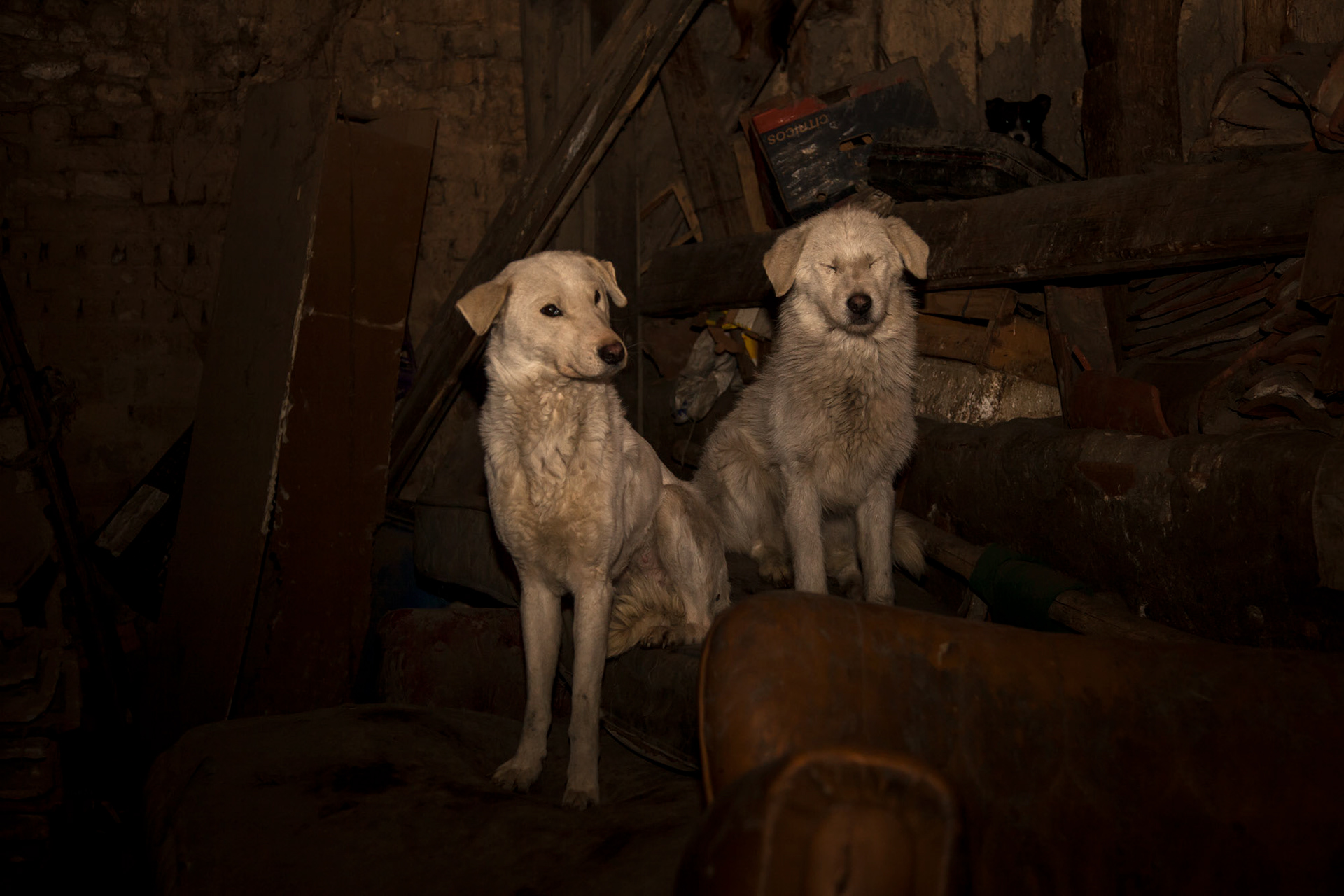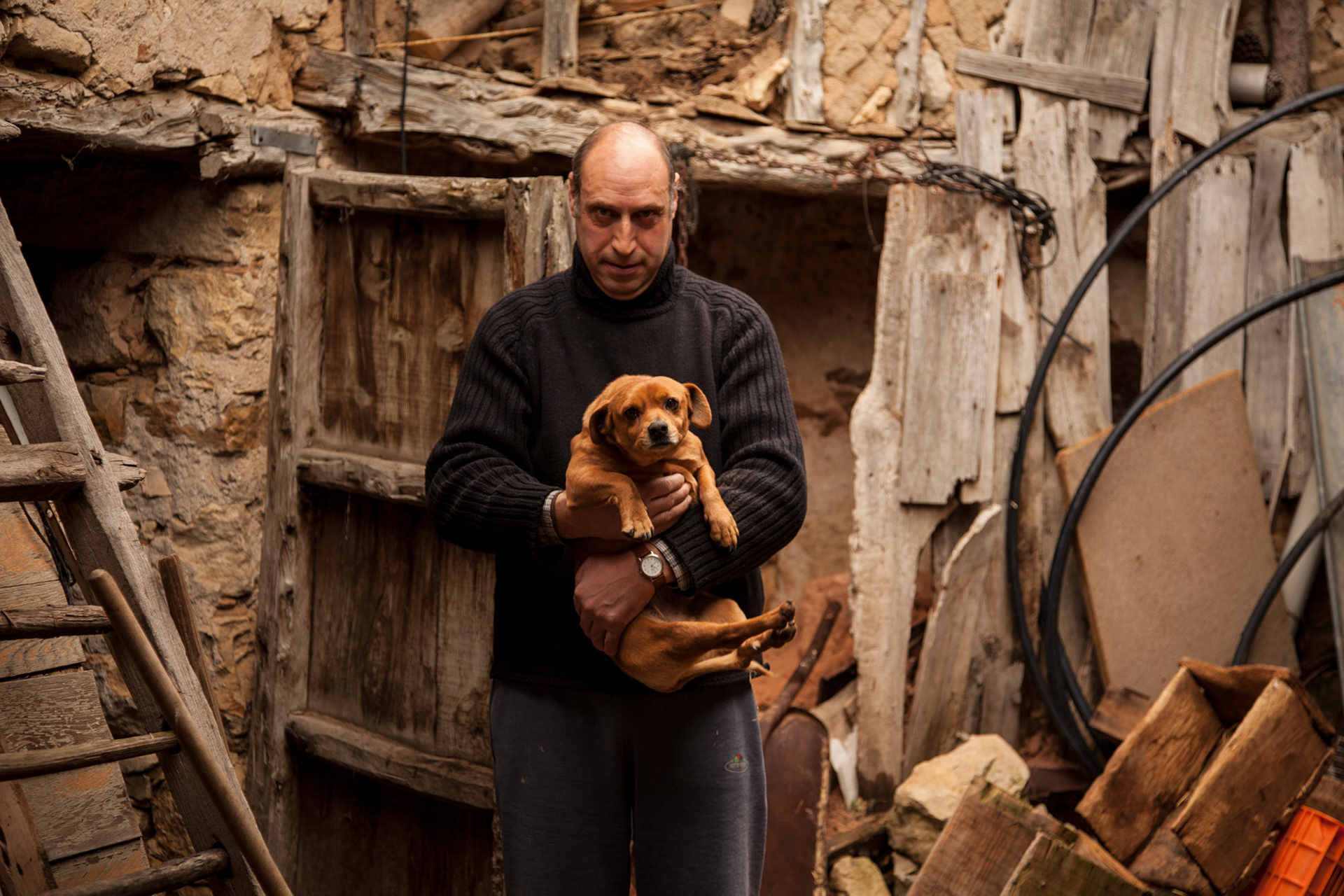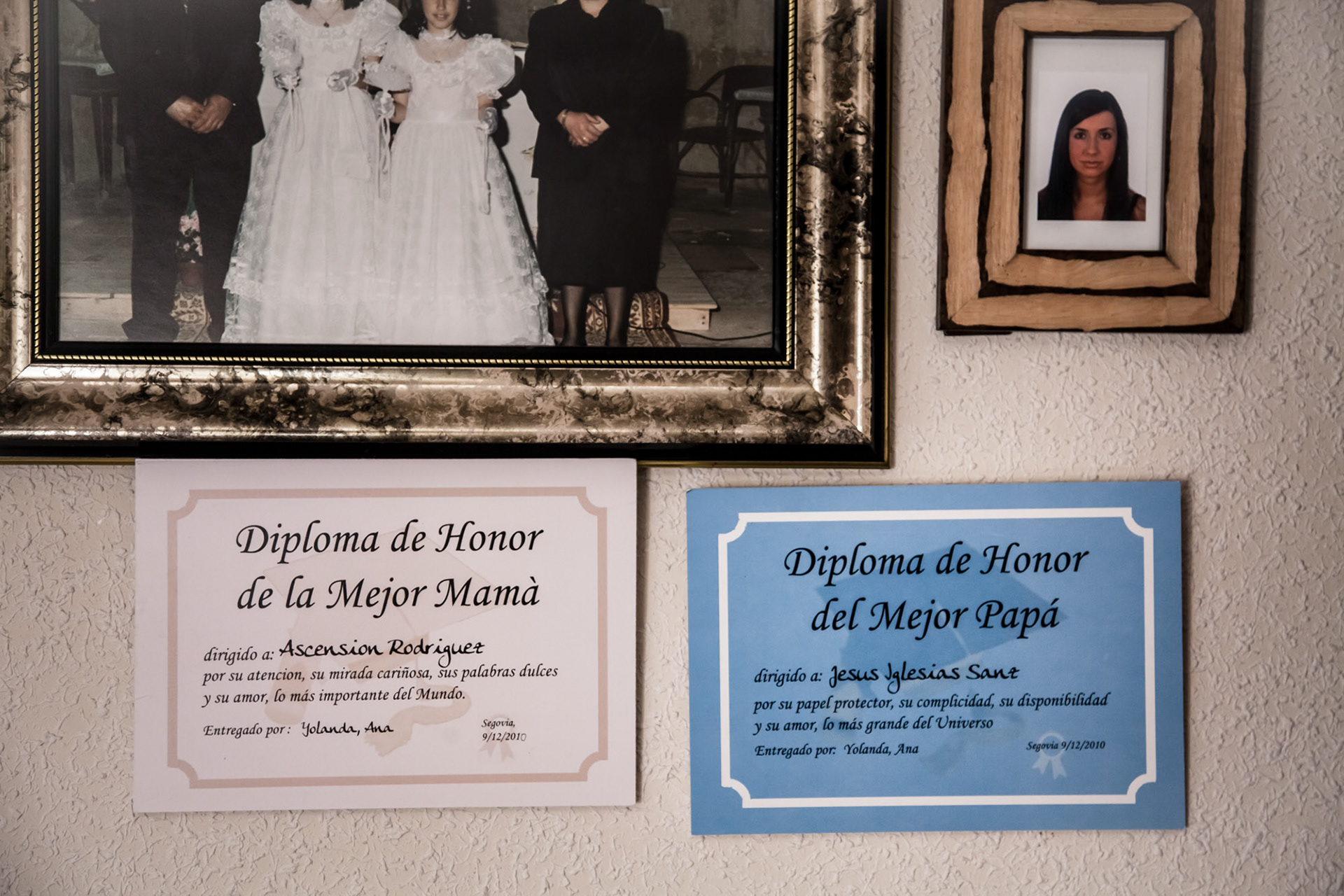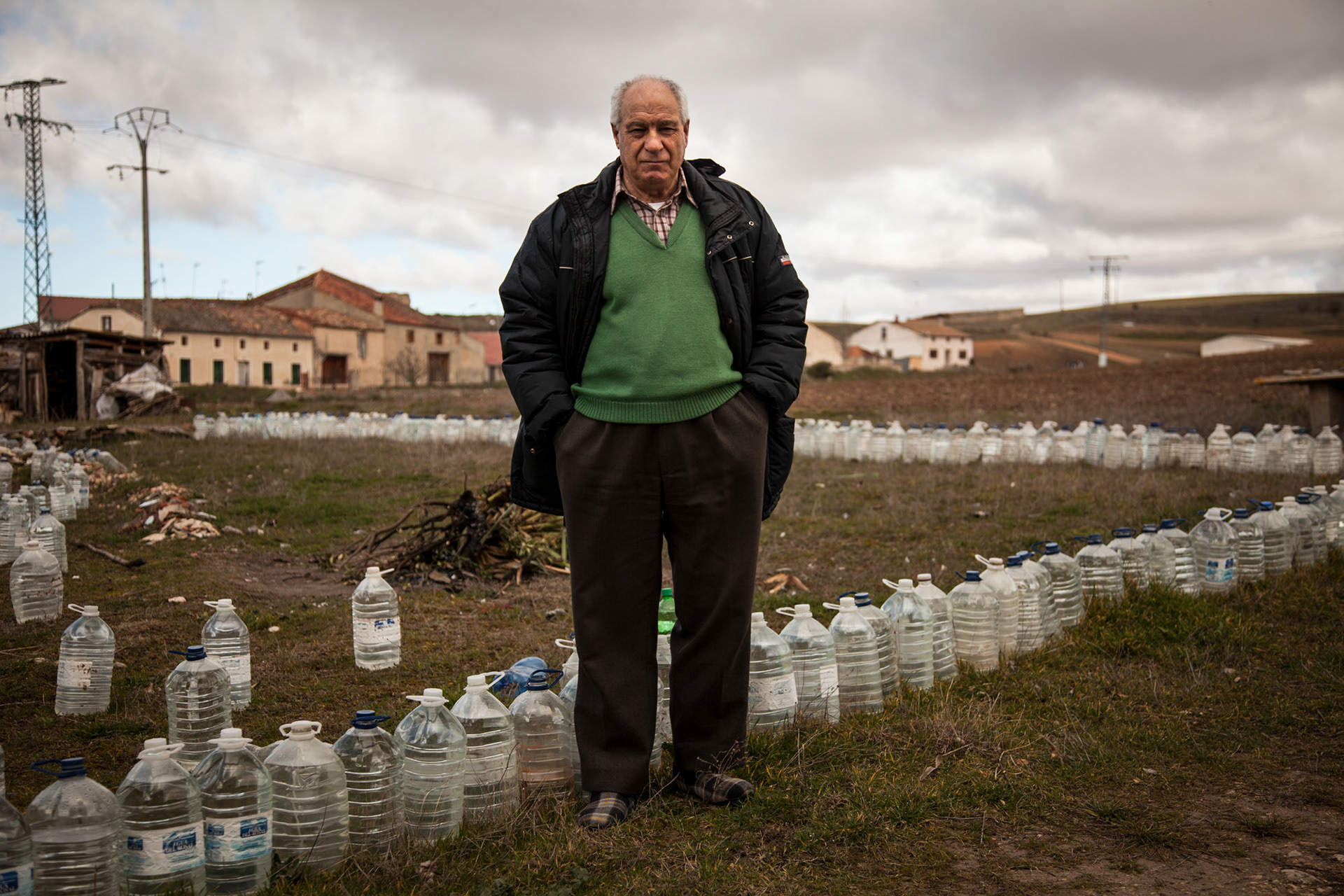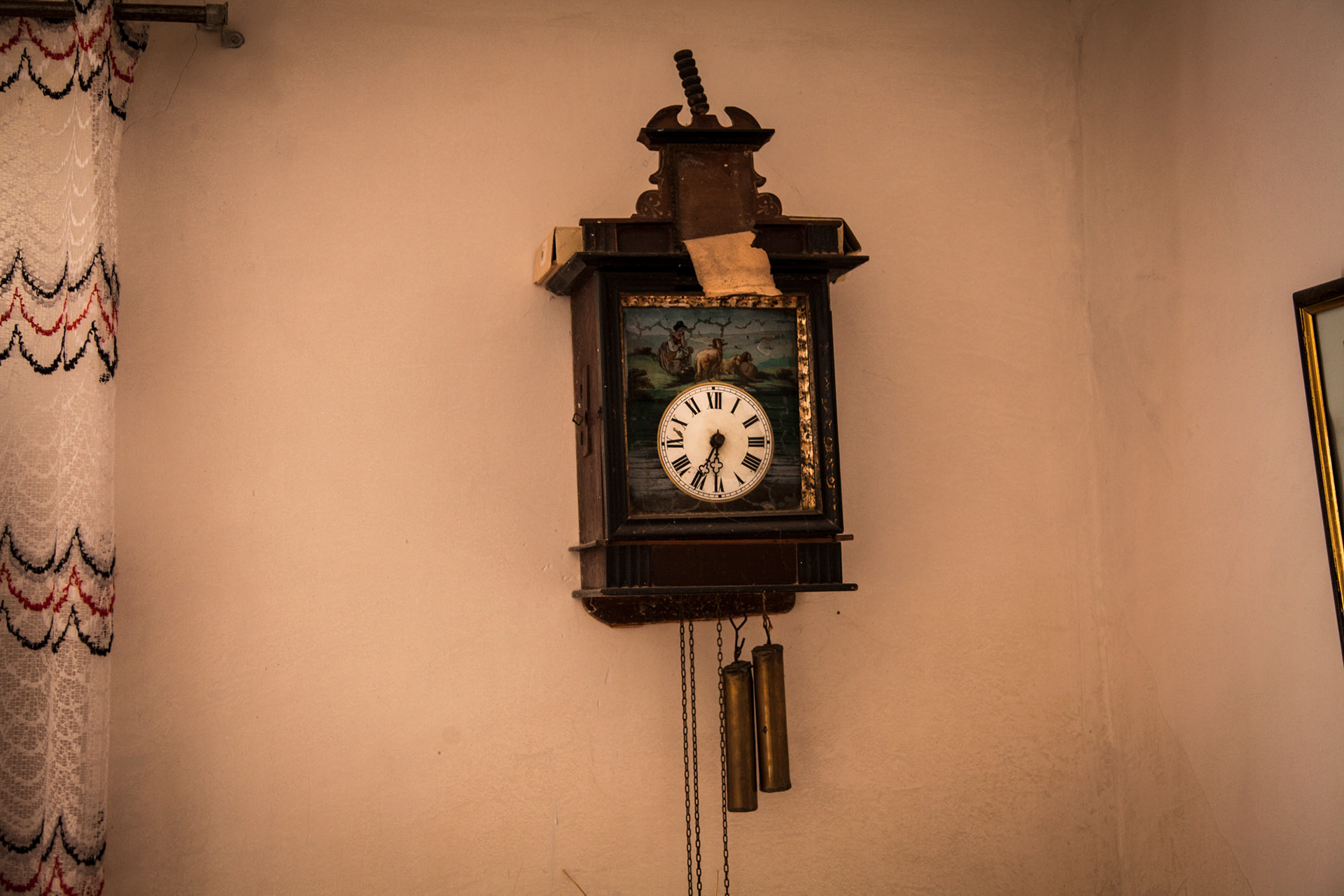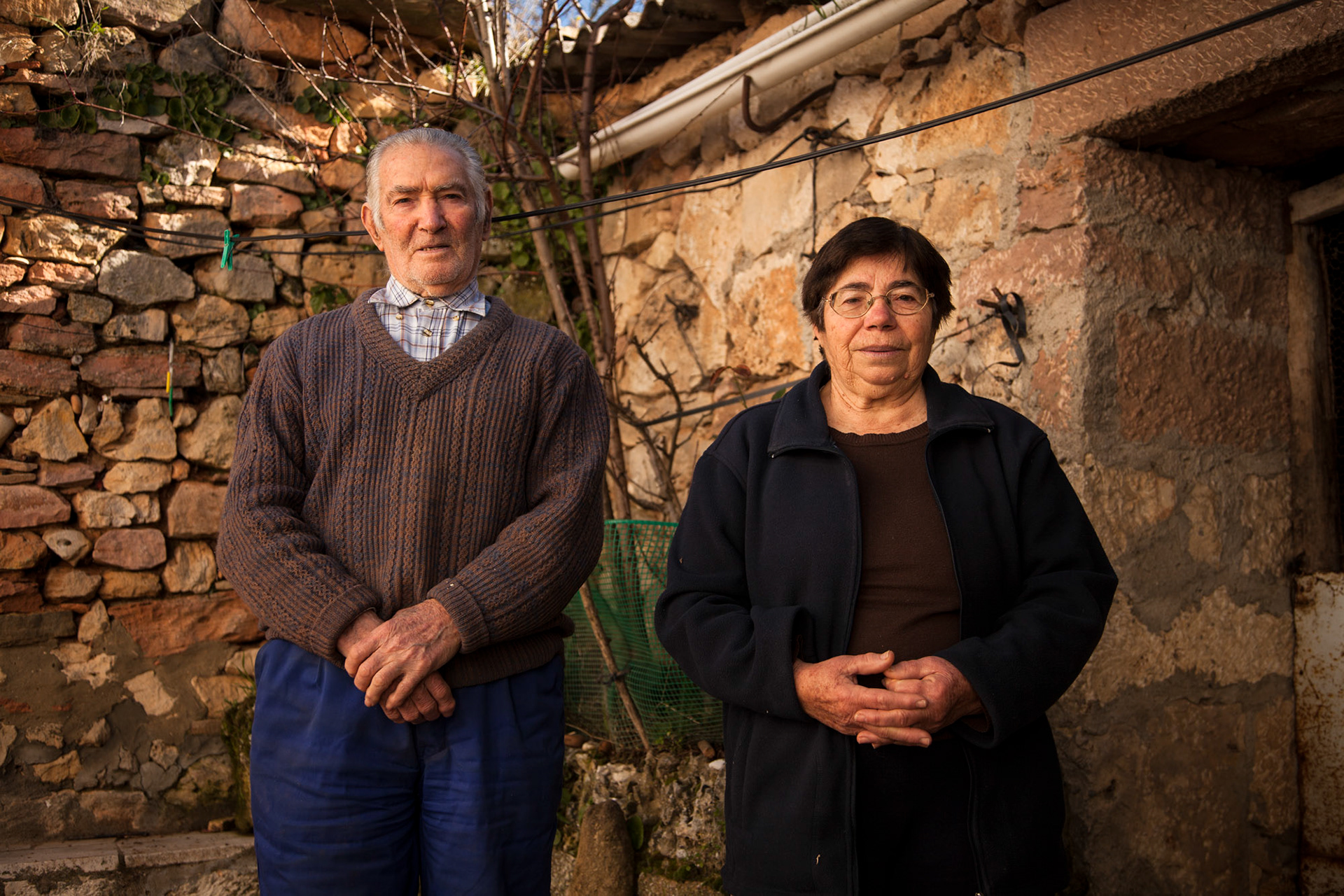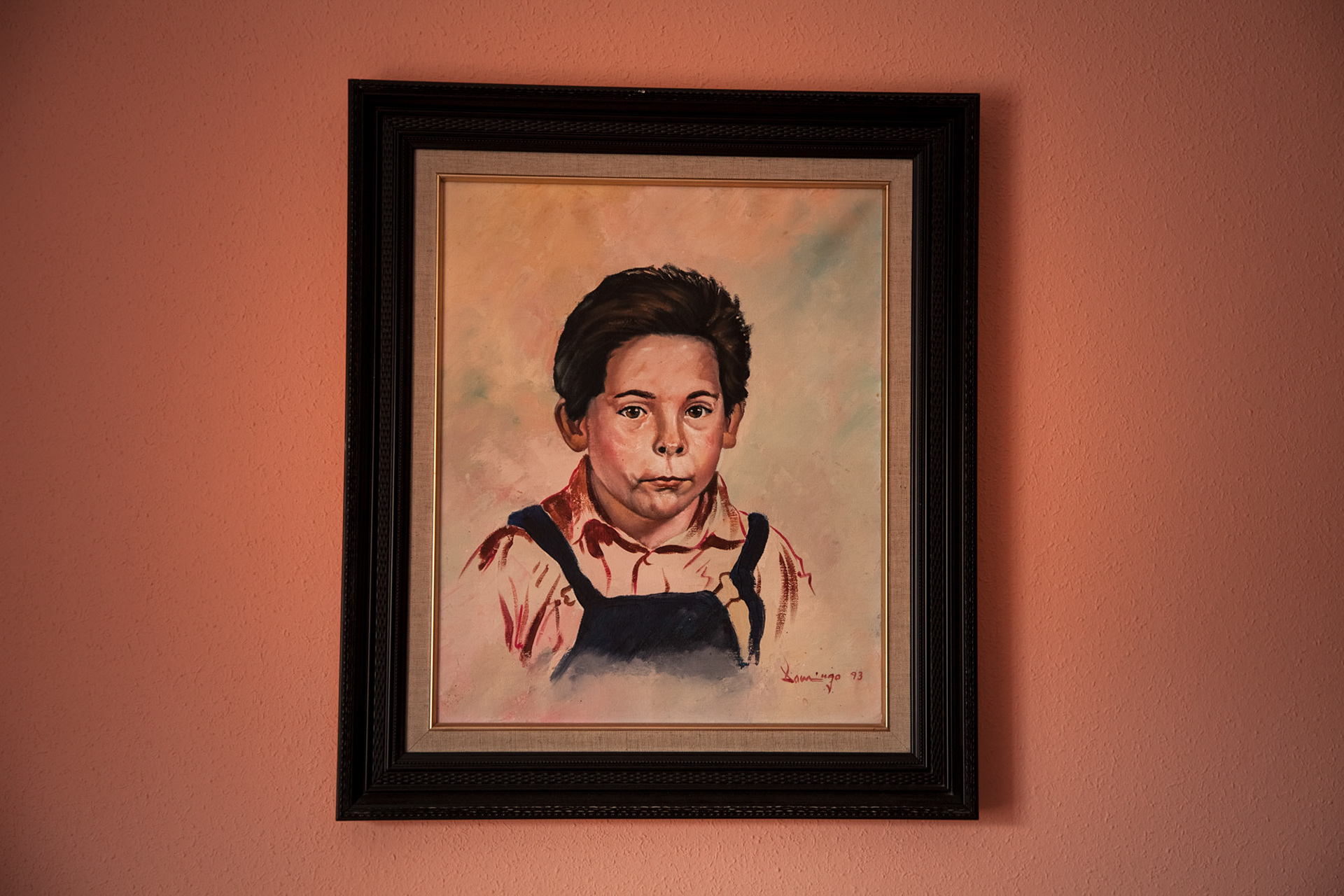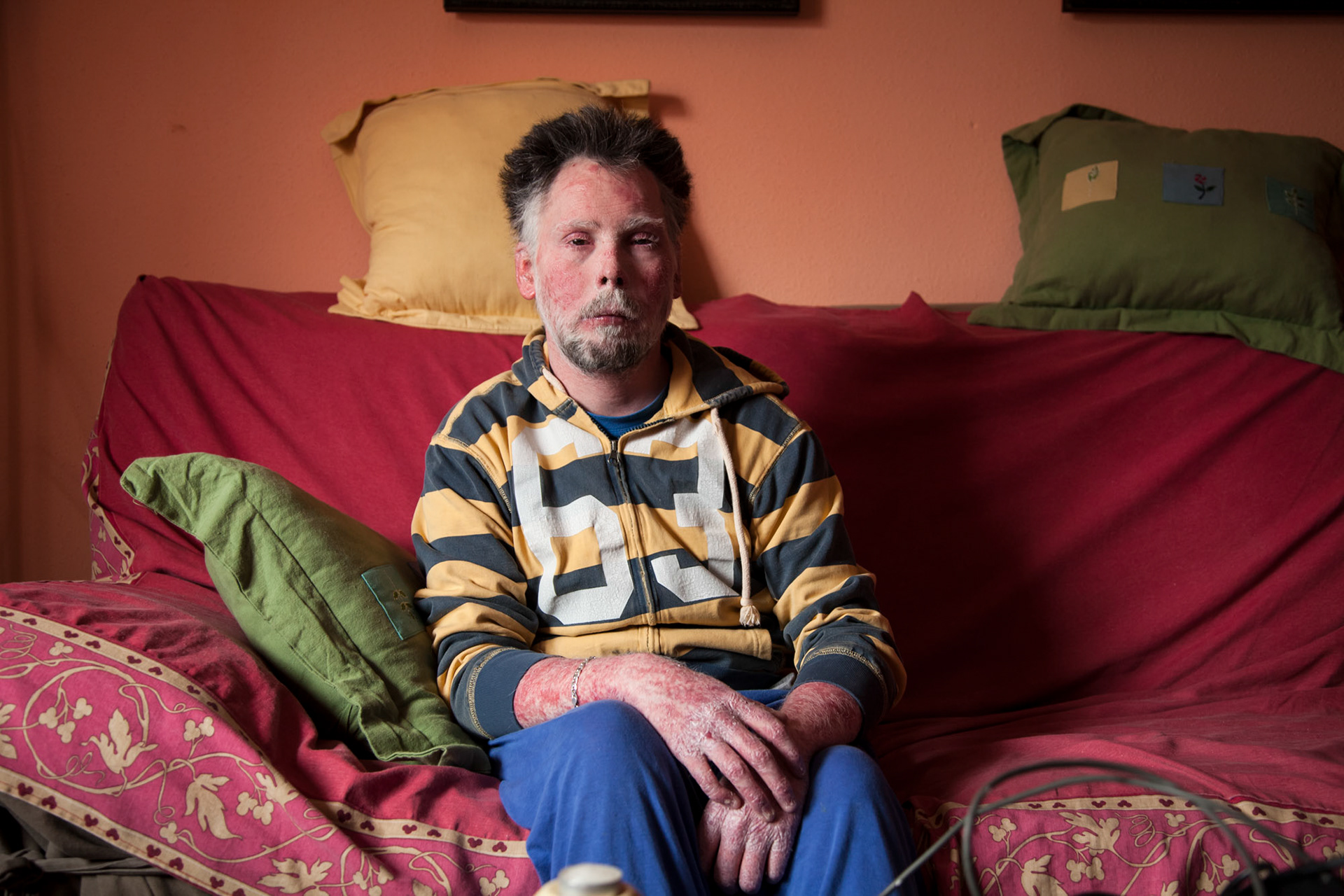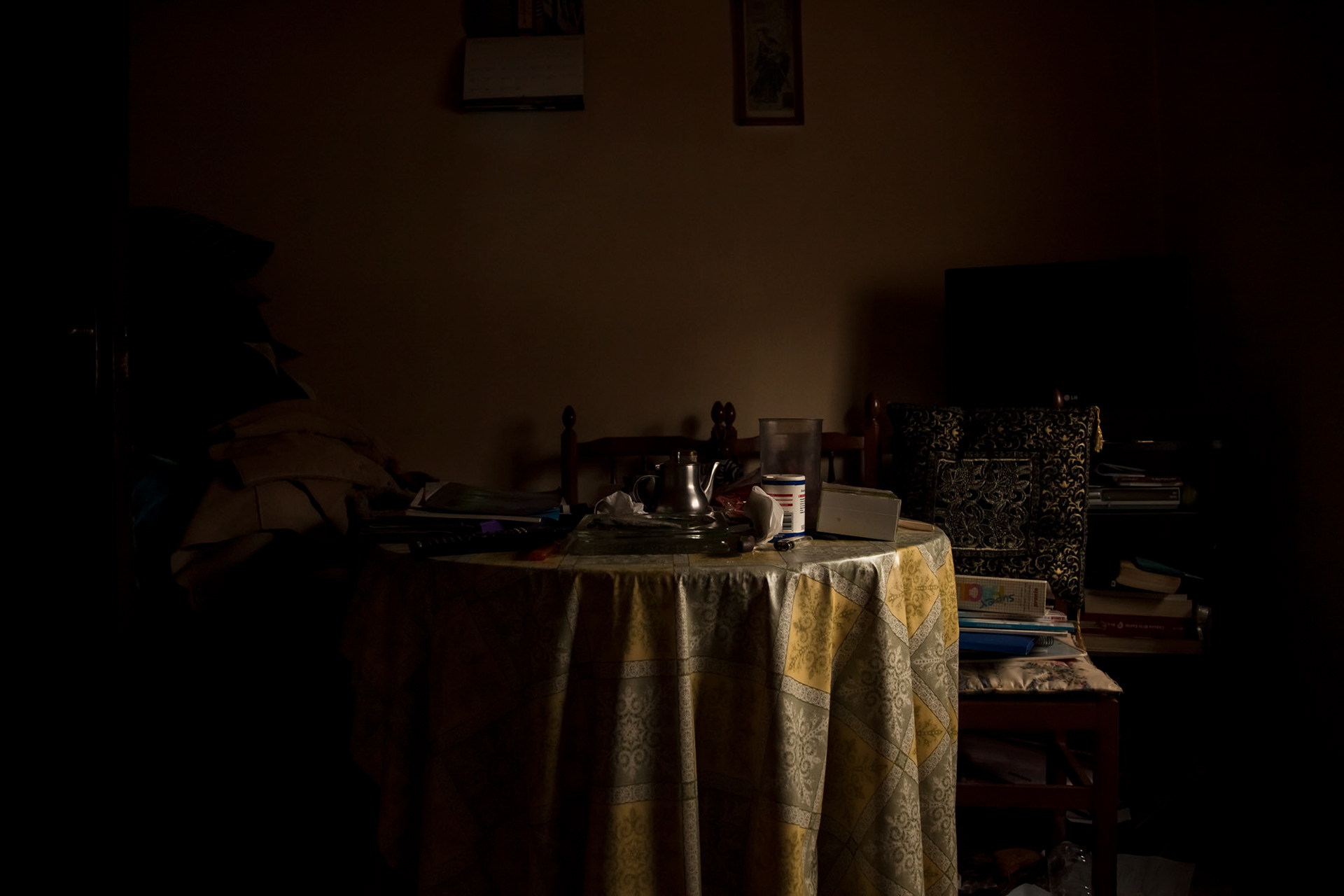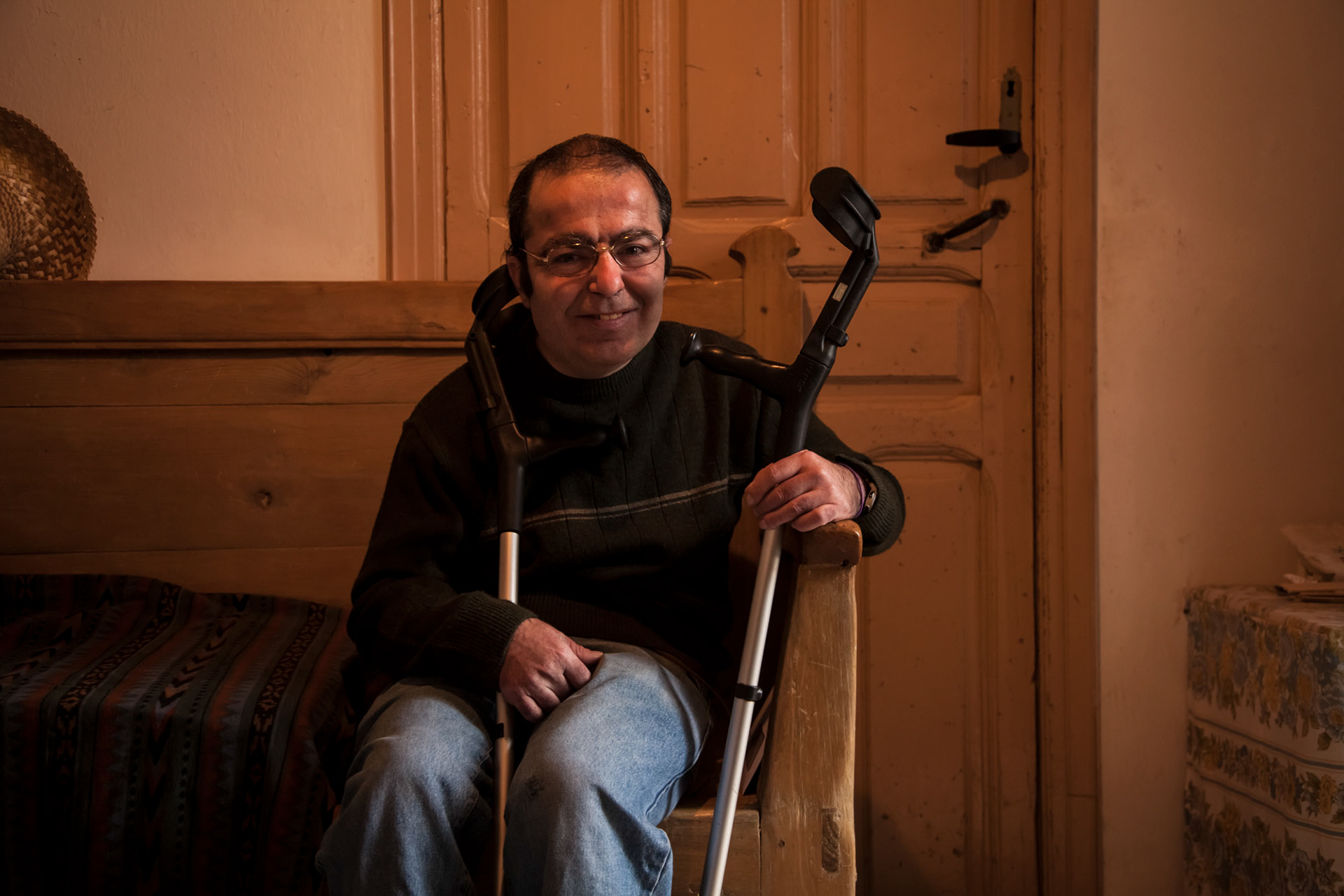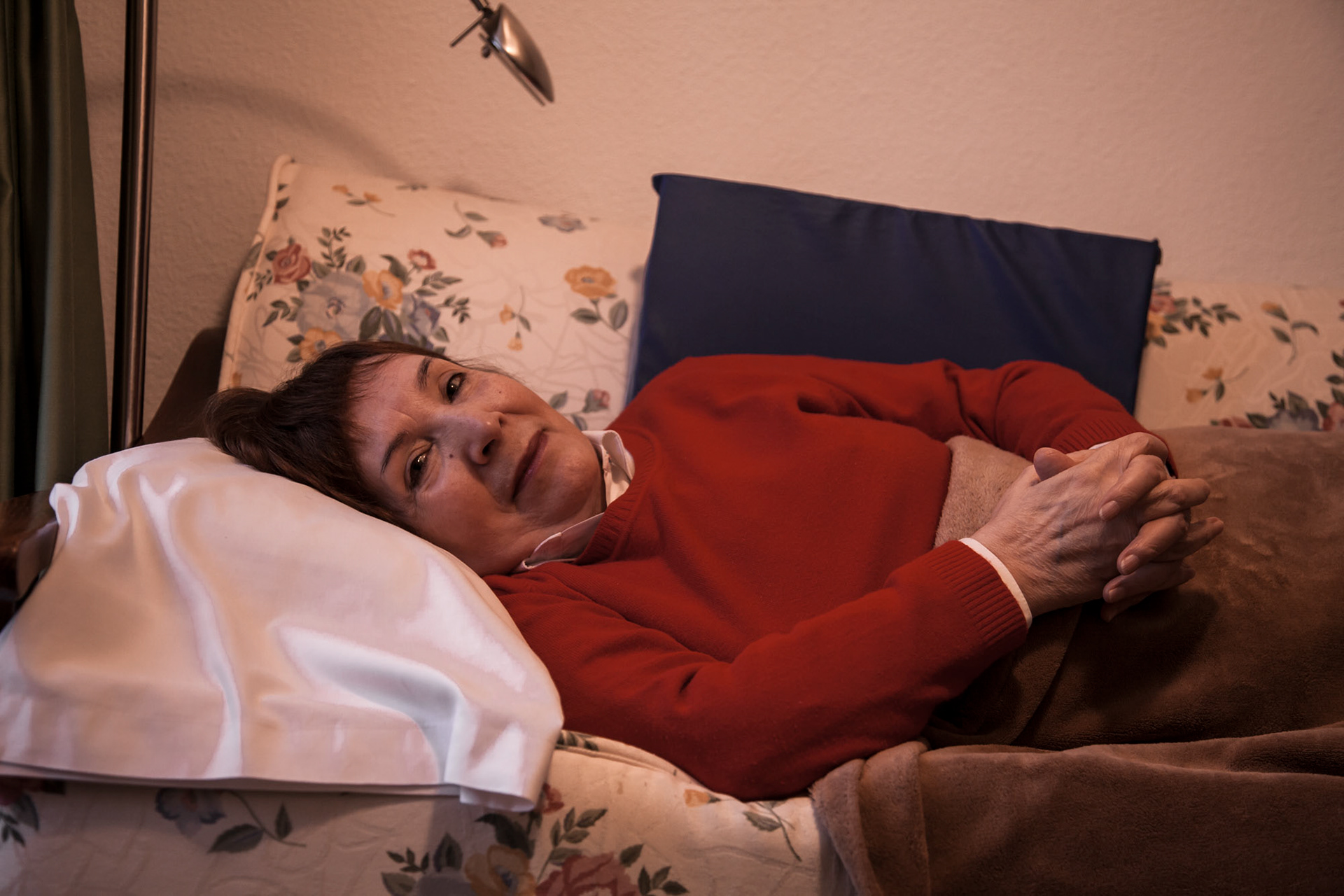Spain, winter 2013, year four of the recession. The Dependency law, which since 2008 has provided support for more than 3.5 million people living in Spain with a total or severe disability is in jeopardy. Social expenditure has dropped by about 15% in the four years, hitting rural areas especially hard.
“In the past they were invisible, they were not allowed in the streets and were hidden when people were visiting. Unable to work, they became burdens to families were just managing to get by. And when genetic, the disability could be seen as a stain on the entire family: the prospect of marriage for non-disabled relatives being difficult when people are afraid the genes could be passed on,” says the social worker who I travel with around the villages of Segovia, home to one of Spain’s highest concentration of people in situations of dependency.
The combination of an ageing population producing greater numbers of dependent people, alongside cuts imposed by austerity measures, is total havoc in the social care system. Responsibility once again falls to the family. Except for changes in society and family structures, with the decline of rural communities means that the once informal methods of care have disappeared leaving many people without basic needs covered.
